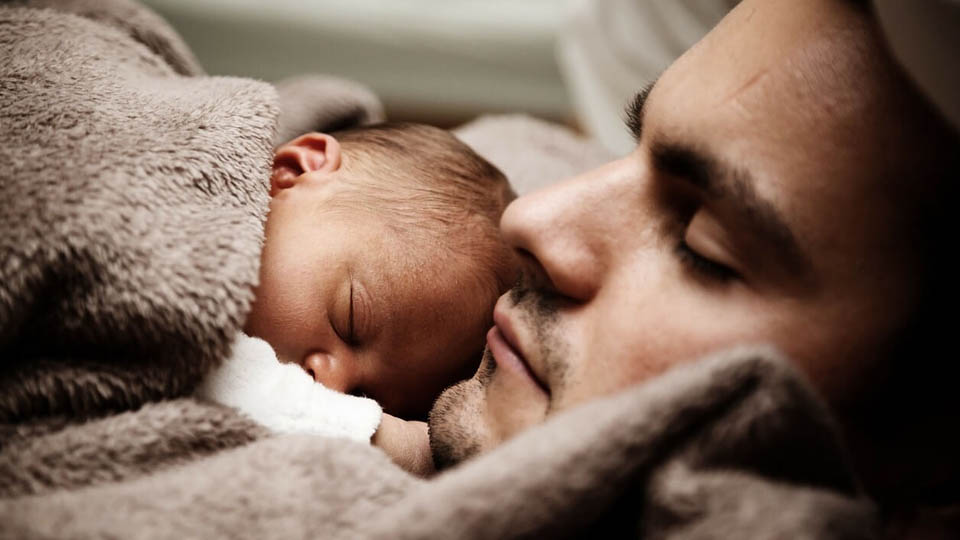The international crisis related to the outbreak of the Zika virus (ZIKV) in Brazil in 2015 resulted in thousands of babies being born with severe disabilities. These children are now at a crucial stage of development, making it timely to introduce psychosocial interventions to support both children and their parents. Hospitals in Brazil are responding with volunteer rehabilitation programmes, but there is a striking lack of underpinning research.
The impact of arts-in-health has been demonstrated by research on the efficacy of music for improving psychosocial and wellbeing states. Music as a social intervention is a powerful tool for engaging children and parents to build positive relationships and to develop attachment – the first milestones for wellbeing, and for later integration in society.
However, no studies have addressed how music could support mother-child closeness in the population affected by ZIKV, or its impact on maternal and child wellbeing. This project meets this gap through a UK-Brazil partnership that builds on the now robust evidence that music is a powerful tool for improving psychological and social well-being.
The research will adopt a mixed methods approach to study the effects of singing on mother-child closeness and wellbeing in families affected by ZIKV in Brazil. Four cohorts of participants will be studied over 18 months in a project supported by British Academy Knowledge Frontiers grant. This international project expands research collaborations with partners in and outside academia, including the Multidisciplinary Ambulatory Care in Early Intervention (Congenital Syndrome of ZIKV) at the Federal University of Bahia Hospital (Brazil).
The research addresses matters of global health and the psychosocial effects of a powerful infectious disease. Findings will feed back into hospital practices and be made available to practitioners and clinicians throughout South America. The results will enhance public and policy understandings of a current international challenge. Also, findings will directly impact on rehabilitation programmes arising in response to the global crisis and will extend to other families both local to the hospital where the research will take place and throughout South America. By reaching higher levels of wellbeing and closeness, the families affected by ZIKV will be better equipped to integrate and contribute to society.








